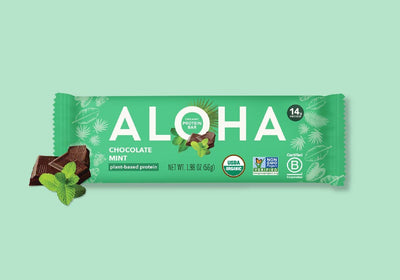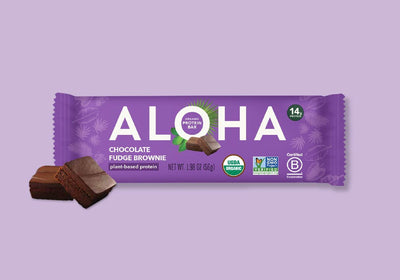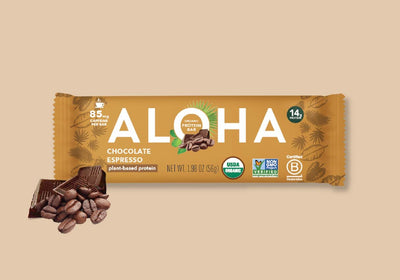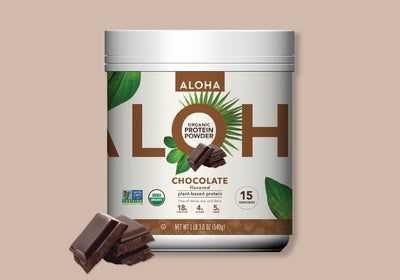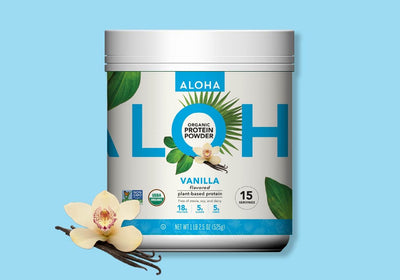Our velvety smooth plant powders are simply made with 18g of protein, prebiotics for gut health, and 12 whole food ingredients for everything your body needs to do its best.
Why not treat yourself today with our subtly sweet vegan vanilla protein powder? Your gut is your second brain, so we treat it accordingly by including prebiotics in our powders. We also want you to reap the benefits of MCT oil from organic coconut such as natural energy and electrolytes to recharge your batteries to their max level.
To top it off, there's 18g of organic pea, brown rice protein, pumpkin seed, and hemp seed protein. Always free from: gluten, dairy, soy, stevia, and sugar alcohols.
The Impact Of Protein On Weight Management
Protein's role in managing weight is one of its most celebrated benefits, intricately linked to various physiological processes. The relationship between protein intake and weight management is multifaceted, impacting appetite, metabolic rate, and body composition in ways conducive to maintaining or achieving a healthy weight.
- Enhances Satiety And Reduces Caloric Intake: One of the primary ways protein aids in weight management is through its remarkable satiating effect. Studies have shown that diets higher in protein lead to increased feelings of fullness. This effect can significantly reduce overall caloric intake by diminishing the desire to snack on high-calorie, less nutritious foods between meals. When protein is consumed for breakfast, this satiating effect is particularly beneficial, as it can help manage hunger levels throughout the day, making it easier to adhere to healthier food choices and portion sizes.
- Boosts Metabolic Rate: Incorporating ample protein into your diet can also elevate your metabolic rate, a vital factor in weight management. As noted earlier, the body expends more energy digesting protein than it does digesting carbohydrates or fats due to the thermic effect of food (TEF). This means that a diet higher in protein can naturally increase the number of calories you burn throughout the day, contributing to a calorie deficit without the need to significantly cut food intake.
- Aids In Lean Muscle Preservation: During weight loss, the goal is often to shed fat while preserving lean muscle mass. Protein plays a crucial role in this process as it provides the body with the amino acids needed for muscle repair and growth. Maintaining or increasing lean muscle mass is vital for weight management since muscle tissue burns more calories at rest than fat tissue, contributing to a higher overall metabolic rate. Adequate protein intake, especially when accompanied by resistance training, can help ensure that weight loss predominantly comes from fat stores rather than muscle tissue.
- Supports Fat Loss Over Muscle Loss: The composition of weight lost during dieting can vary greatly depending on one's nutritional choices. Diets higher in protein have been associated with greater fat loss and improved preservation of lean muscle mass during periods of calorie restriction. This aspect of protein's impact on weight management ensures that weight loss efforts are as effective as possible, emphasizing fat loss while safeguarding muscle, thereby promoting a healthier body composition and metabolic profile.
Understanding the impact of protein on weight management and integrating this knowledge into your diet can be transformative. By focusing on increasing protein intake, especially during breakfast, individuals can experience enhanced satiety, a higher metabolic rate, and a more favorable body composition during their weight loss or weight maintenance journey. These cumulative effects highlight protein’s critical role in achieving and maintaining a healthy weight.
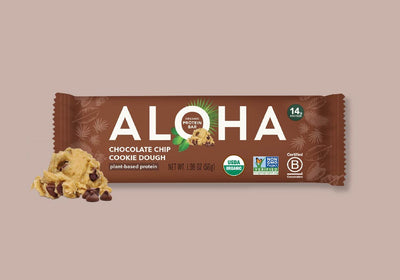
 collection header image
collection header image
 collection header image
collection header image

